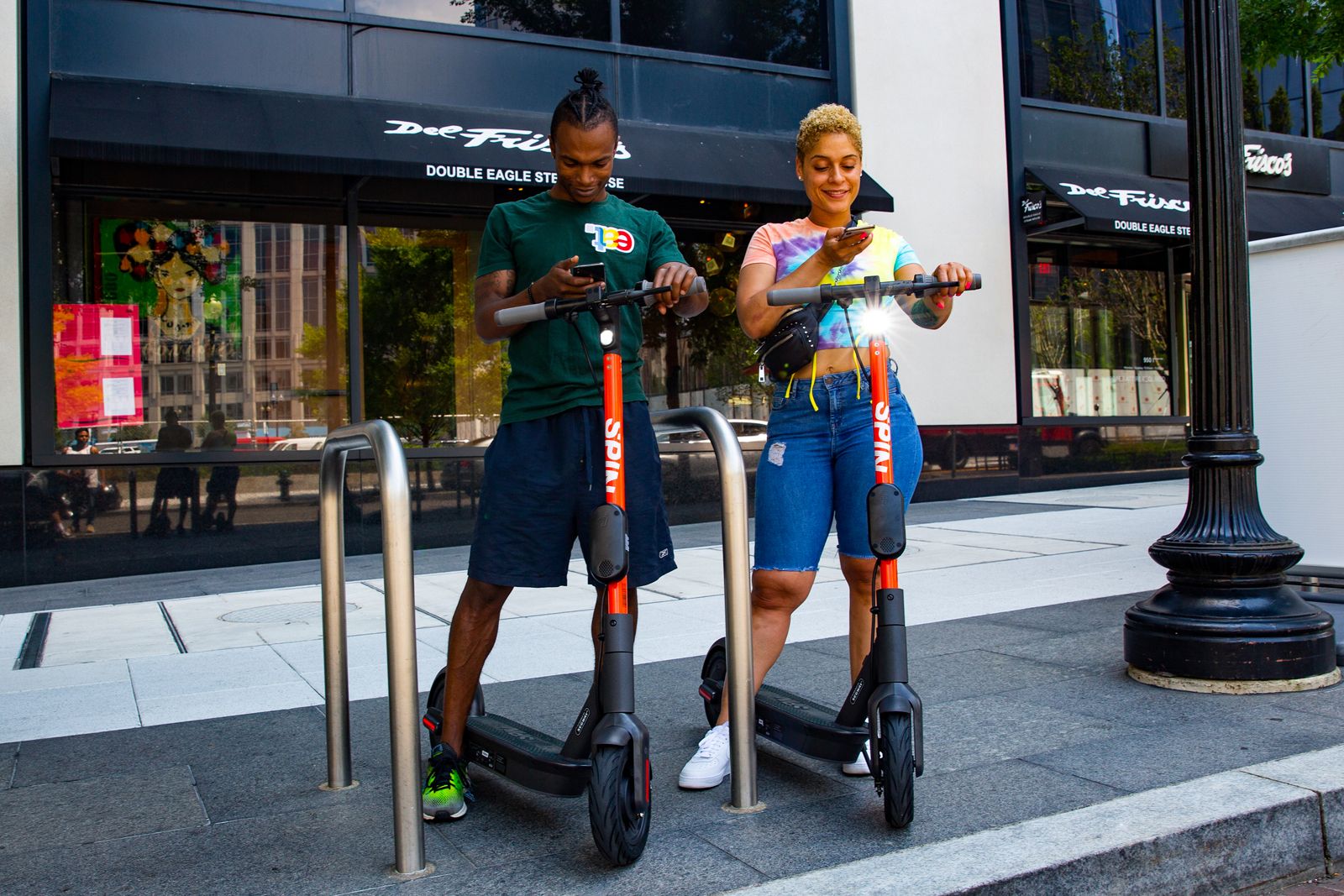Under current legislation, e-scooters are illegal on the UK's roads and pavements, meaning they can only be ridden on private land. That's all about to change, with the Department for Transport setting-out trials of electric scooters in the UK.
The electric scooter trials had been planned for 2021, but with an impetus to explore other modes of transport beyond the traditional public transport provision, some electric scooters are are going to be legal from Saturday 4 July 2020.
It's not all electric scooters becoming legal, because the current relaxing of rules will only cover rental schemes for these sorts of scooters, meaning you'll be able to find one in a public place and use it, rather like existing bike rental schemes. That means that privately-owned e-scooters won't be legal on the UK's roads.
There are a number of conditions that come with the trial too: scooters will only be allowed on roads or cycle paths, you'll have to have a full or provisional driving license, and be 16 or over to use them. The electric scooters will also be limited to 15.5mph.
Companies like Spin, Voi, Bird and Bolt are all expected to offer such services in the UK, having offered services in a number of European cities and in the US.
But the trial is expected to be rather rocky. Bike rental schemes in cities like London have experienced vandalism, seen complaints about dumping bikes on pavements outside major stations and causing congestion, while e-scooters have seen a number of accidents in European cities that will raise concerns.
There's also the question of whether people will be happy to touch a communal vehicle in the current climate, where concerns about hygiene are likely to lead people to use their own vehicle or walk. The trials are going to run for 12 months in the UK to evaluate whether they are feasable or not.

